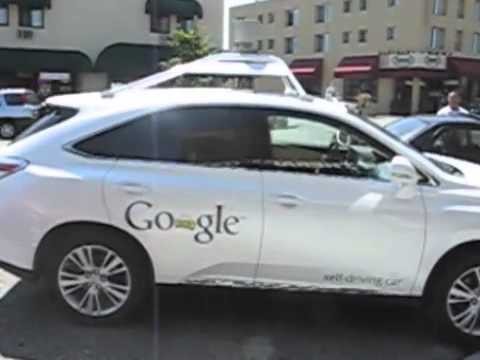Google's self-driving cars had racked up nearly 2 million miles of test driving without one reported injury. However, that changed when the modified Lexus sports utility vehicle (SUV) was rear-ended on a California road. The vehicular accident follows the company's recently releasing a complete report of driverless car accidents.
Google's first injury in an autonomous car crash happened in Mountain View, California, where the search engine giant's headquarters is located. It took place on July 1.
The luxury SUV was hauling three passengers when it was hit. All three of the Google employees in the car suffered minor whiplash, while the other vehicle's driver complained of neck and back pains.
Soon the Google workers became hospital outpatients. After checking out of the medical center they went back to work.
The accident happened as the Lexus vehicle stopped when it neared an intersection while in driverless mode, according to Digital Trends. A car behind it did not decelerate as it neared the SUV. Then it slammed into it.
California laws require the person operating a self-driving car to take over during an emergency. In this case there was a third passenger. The person was sitting in the front seat in order to input data on a laptop computer.
Google is taking steps to make driverless cars safer and more efficient. In fact, it believes it is more so then cars that are human-driven.
During six years of test driving autonomous vehicles, Google has reported 14 accidents, which usually resulted from distracted rivers, and none of which the company was at-fault, according to Latin Post. About 79 percent were rear-end accidents.
Chris Urmson heads Google's self-driving program. He stated in a blog post Thursday that Google SUV accidents often result from mobile phones distracting the drivers.
Urmson noted that Google's intelligent cars can observe hundreds of objects at one time. Its vision's range is 360 degrees.
The vehicle that hit the Google car on July 1 was moving at around 17 mph (7.4 km/h). Its bumper fell off after the contact.



























